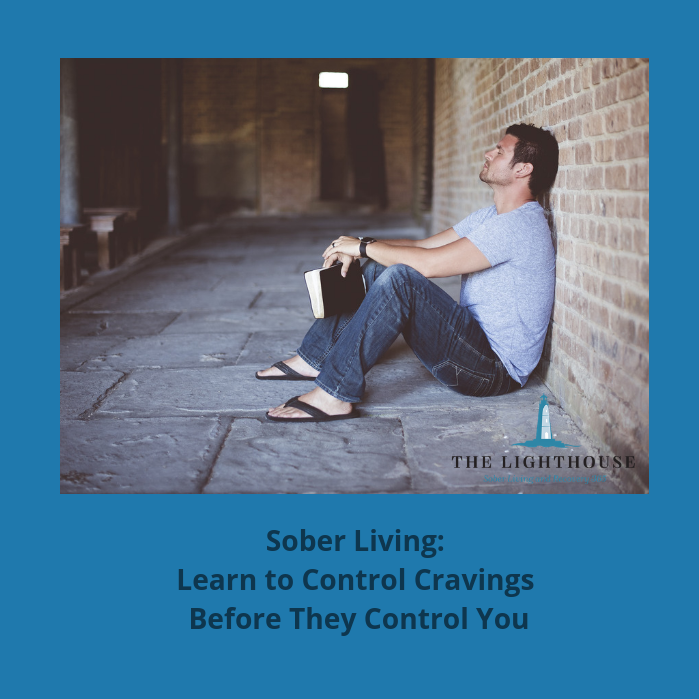Sober Living: Learn to Control Cravings Before They Control You
High functioning executive stress is a known cause of cravings for alcohol and drugs. Learning to manage your cravings before it controls you, takes practice, but it is not impossible.
Do cravings for alcohol and drugs cause fear and uncertainty throughout your busy workday?
It’s a known fact that stressful situations create the obsession to drink in those who suffer from substance use disorders.
As an executive, your daily routine has stressful situations lurking throughout the workday. These situations create cravings which seek to control your thoughts and behavior. An urge or obsession to use is the result of a process.
The process is initiated by a trigger. Triggers are personal indicators or precursors which start a feeling.
Some triggers a high functioning individual might face
-
Knowing you have to give a presentation to an angry board of directors,
-
Meeting business associates at a local bar/restaurant for lunch
-
Learning a new job function
-
High levels of stress from on the trading room floor
-
Closing a deal
-
Losing a client
-
Ending the workday
-
The open bar in the back of your workplace
-
Pressure at home
As an alcohol disorder progresses, many tasks or routines are shared with alcohol. And the list can go on and on.
It is suggested to understand your personal triggers. Learn to recognize when and where these triggering events can and will catch you off guard and start the process for a craving to control your thoughts.
Once a thought has been triggered there are two paths it can follow. The first path is stopping the thought before it becomes dangerous to your recovery. The second path is ignoring or entertaining the idea. Letting it develop into a craving or obsession to have a drink. As the thought grows, the obsession strengthens and begins to control all parts of your being.
In either case, it is pertinent for you to develop a system to control cravings and the obsession to use before the process is completed by giving in to the feeling and having a drink.
Listed here are several coping strategies high functioning individuals can employ to handle cravings
1 – Have a nutritious snack
One primary cause of craving for alcohol or drugs is low blood sugar levels. It doesn’t take a meal to change the course or intensity of obsession to use if low-blood sugar is the culprit. Be mindful of how long it has been between meals. Raising your blood sugar will lower the intensity of the obsession to drink.
Residing in a sober home will assist you in recognizing your triggers and cravings. At The Lighthouse our pantry and refrigerator are always stocked with low sugar snacks, such, like peanut or almond butter to spread on crackers, fruit salads, and sliced veggies, cheese, cashews or almonds to raise blood sugar levels and diminish the intensity of urges or cravings.
Dehydration can also create an urge to use. Many times we mistake our thirst for hunger. In the case of cravings, our need to hydrate can create the desire for a drink. Instead, have a glass of water with lemon or mint. Stay hydrated and kick the cravings to the curb.
2 – Don’t get discouraged by self-limiting beliefs
When you learn to dispute old beliefs with rationality, you will reduce emotional or unsettling responses. In the past, you let self-defeat and destruction trigger episodes of intoxication. When you felt defeated you turned the hurt, depressions, or anger inward and it triggered a craving.
In recovery, you learn how to dispute these irrational thoughts before they become dangerous.
In your first weeks of recovery, cravings lessened. If you went to treatment, you were around peers, aiming to help you reach a common goal, sobriety. Upon your discharge, you were alone for the first time in weeks and cravings to use started to manifest. Your old irrational beliefs surfaced, thinking: “I know I’m weak-willed. My first day out of rehab and I’m craving.”
The thought process about could discourage your recovery and intensify the urge to use. Instead of letting the craving control or intimidate you, dispute the feeling. Ask yourself what evidence proves that you’re weak-willed?
When you have a craving ask yourself
-
I can use the coping skills I learned in treatment.
-
I should reach out to my support network and ask for help with cravings.
-
Am I weak-willed or is my thinking trying to defeat me?
-
Is my thinking correct or am I making the craving worse?
You will always have triggers which cause cravings, but the more vigilant you work your recovery, the less intense your cravings will become. The residents of a sober living home help support your early recovery efforts as you learn to dispute self-limiting beliefs. Your supportive community can offer you feedback and create new healthier emotional responses to work through cravings to use.
3 – Get up and move around
The urge to sit down, crawl in bed, and hide under the covers until the craving subsides is a typical response to unwanted feelings. When your craving, friends, and family might even tell you to “Just let go and relax.” Well, that might be easy for them to say, but when boredom is the trigger, getting up and moving around will distract the craving from controlling you.
When you are used to multitasking and getting more work done before 9:00 AM than most people do in a day, it’s difficult to sit still. In early recovery, many might say to you to stay calm and learn to relax, but it isn’t always the best advice, especially when you are a high functioning individual who used to be active.
You can always find something to do at The Lighthouse, and a craving catches you off guard
-
Go for a walk
-
Mow the lawn
-
Wash the car
-
Exercise
-
Ask another resident to go for a walk
-
Do some house chores
-
Go for a swim
-
Hit a bucket of balls on the virtual links
4 – Engage in conversation
If your able to find a person you can talk to. Explain how the craving is making you feel. If you cannot express yourself, don’t worry about it. Just start a conversation. Talk about whatever comes to mind.
The longer you distract your mind from thinking about the craving the easier it will pass from your thoughts. Before you know it, you won’t remember what prompted you started talking to your friend.
There is always someone around to engage in a meaningful conversation when you reside in a sober living home. More importantly, when you live with peers who have had and managed cravings, they understand that it is not necessarily the craving you want to be talking about.
Think about, when your craving for an alcoholic beverage and you want to get the thought out of your head do you really want the person your speaking with to keep telling you don’t want a drink?
You are only going to hear the word drink, and the craving is going to continue. Instead engage in a conversation about something you’re passionate about finance, golf, fashion, art, or cars. Anything works to help you go through the emotion and clear your mind from craving.
Living in a sober house creates a supportive environment. Each resident is in different stages of recovery, so it’s safe to say the feelings you’re experiencing are not unique to just you. Of course, the situation is unique, but the pattern of trigger, thought, craving is not and one of the residents or staff members will lend an empathetic ear and help you through the feeling.
In early recovery, finding a community to lend support and encouragement is crucial to helping you get through old thought patterns and succeed establishing new healthy patterns and habits for long-term recovery.
5 – Consequential thinking
You’ve probably heard this bit advice in regards to other risky professional or personal behaviors. But when it comes to drinking or drugging think about what you possibly can gain from giving in to the craving. Now think about everything you stand to lose. Is the risk worth the reward? Probably not.
Think about the progress you have made so far in your recovery:
-
Better relationships
-
New peers
-
Stabilization of fears, anxiety, depression
-
Improved performance at work
-
Laser focus on future goals and investments
Let’s look at the consequences of letting your cravings control you:
-
Relapse back into active addiction
-
Guilt and shame
-
DUI or other criminal charges
-
Loss of a job, family, friends.
-
Failing a SoberLink toxicology screen at the sober living home
Distraction is vital to help work through cravings. It’s not always simple, and some cravings are much worse than others. Residing in a sober living house will help you learn to understand your triggers and coping skills to work through the obsession to drink.
Sober support and new connections in recovery help you learn to manage life on life’s terms. Accepting the help of a supportive community such as the group of guys residing at The Lighthouse will help you learn new coping strategies to deal with your cravings for alcohol or other drugs.
Use these coping strategies often to manage your cravings. Each time you succeed and work through the urge you’re getting stronger and creating new positive habits along with your path to recovery.
Please comment on Facebook or LinkedIn other coping strategies you have used to deal with cravings in early recovery.
If you have this post helpful, please share it with your social network, so more people can benefit.



